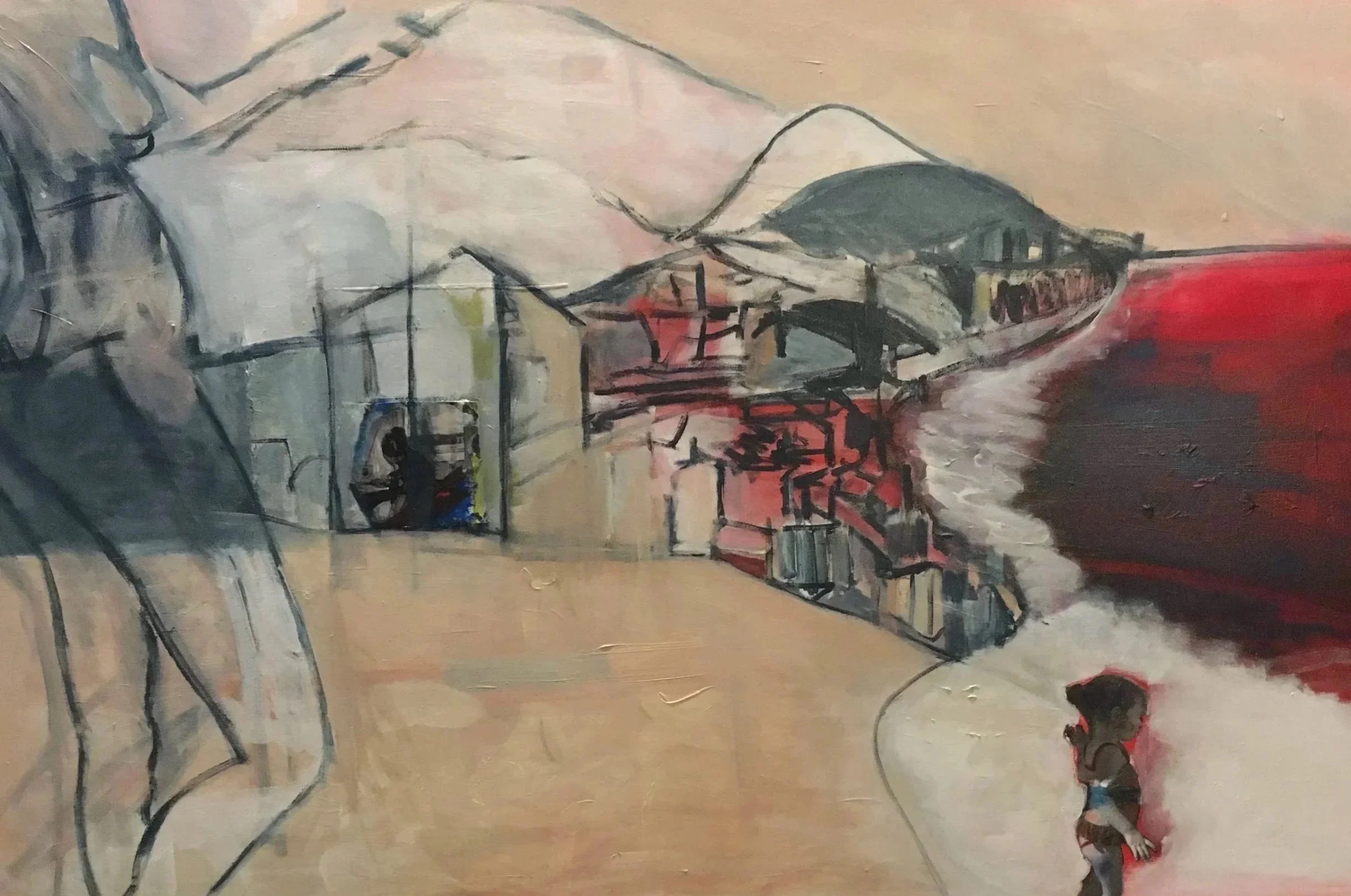
Creativity Coaching
Amy specialises in creativity, helping people find meaning and purpose through imagination, spirituality, and recovery.
Creativity coaching is about living a creative, purposeful life. It isn’t necessarily about producing “capital C” art like painting, though it can be part of your goal. It’s about creating and building a life in practical, meaningful ways.
Amy suggests working in three-month blocks to allow focus and give the process time.
Example of a Coaching Process:
Identify the theme or issue: What’s working, what’s not, and what brought you here? Unsure? We’ll use tools to explore and uncover what matters.
Focus areas: Choose 1–2 areas to work on, “parking” other ideas for now.
Dream your ideal outcome: Imagine it coming true—what does it look and feel like? Write or draw it.
Obstacles: Identify internal and external barriers.
Strengths: Recognise your assets and resources.
Indicators of success: How will you know when the dream is realised?
Letting go: Consider what no longer serves you—people, baggage, unfulfilling work.
Action plan: Break it down into simple, practical steps. Even small actions, like spending an hour organising in a café, count.
Next steps: Start where you can, even if the whole plan isn’t clear. Plans may shift as you progress, and that’s normal.
Regular Review
Check progress: Are you on track? Do you need more support or plan adjustments?
Reflect on changes in your life or new self-care needs.
Build nourishing routines: week off, fun, social time, exercise, retreat-whatever feels sustaining.
Connect with intuition: inner wisdom, letters from your future self, meditation, or yoga.
Final Review
Assess progress toward your goal.
Plan the next three months and the upcoming week.
Weekly check-in: dedicate a set time (e.g., Saturdays at 9 am) to review your goal.
Reflect on lessons learned and how to integrate them into other areas of life.
Carry forward principles that work for you: daily meditation, meaningful conversations, or other grounding practices.
Amy specialises in creativity, helping people find meaning and purpose through imagination, spirituality, and recovery.
Creativity coaching is about living a creative, purposeful life. It isn’t necessarily about producing “capital C” art like painting, though it can be part of your goal. It’s about creating and building a life in practical, meaningful ways.
Amy suggests working in three-month blocks to allow focus and give the process time.
Example of a Coaching Process:
Identify the theme or issue: What’s working, what’s not, and what brought you here? Unsure? We’ll use tools to explore and uncover what matters.
Focus areas: Choose 1–2 areas to work on, “parking” other ideas for now.
Dream your ideal outcome: Imagine it coming true—what does it look and feel like? Write or draw it.
Obstacles: Identify internal and external barriers.
Strengths: Recognise your assets and resources.
Indicators of success: How will you know when the dream is realised?
Letting go: Consider what no longer serves you—people, baggage, unfulfilling work.
Action plan: Break it down into simple, practical steps. Even small actions, like spending an hour organising in a café, count.
Next steps: Start where you can, even if the whole plan isn’t clear. Plans may shift as you progress, and that’s normal.
Regular Review
Check progress: Are you on track? Do you need more support or plan adjustments?
Reflect on changes in your life or new self-care needs.
Build nourishing routines: week off, fun, social time, exercise, retreat-whatever feels sustaining.
Connect with intuition: inner wisdom, letters from your future self, meditation, or yoga.
Final Review
Assess progress toward your goal.
Plan the next three months and the upcoming week.
Weekly check-in: dedicate a set time (e.g., Saturdays at 9 am) to review your goal.
Reflect on lessons learned and how to integrate them into other areas of life.
Carry forward principles that work for you: daily meditation, meaningful conversations, or other grounding practices.